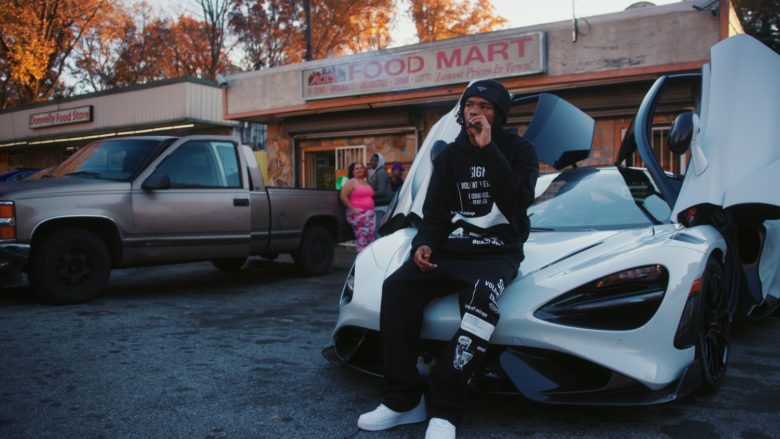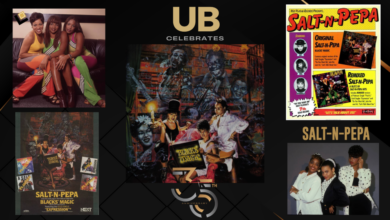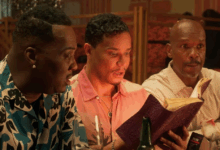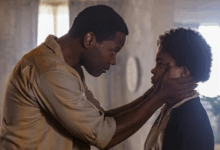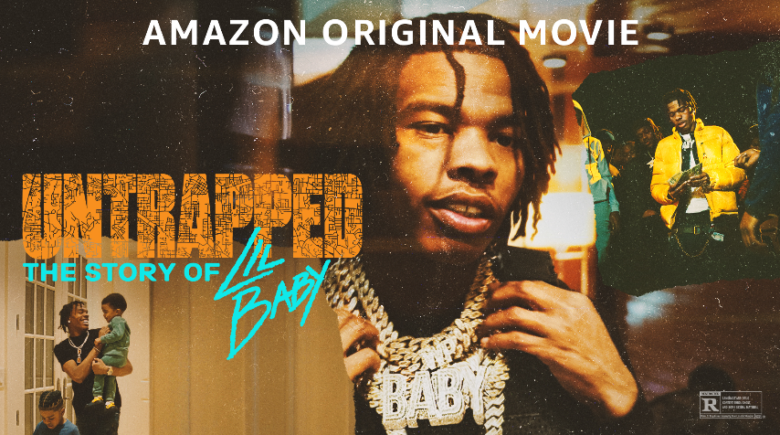
“Untrapped: The Story of Lil Baby” streams August 26th, exclusively on Prime Video.
Lil Baby has been one of the world’s most impactful artists since his first release in 2017. “Untrapped: The Story of Lil Baby” chronicles the life of the Grammy-winning rapper, known to friends and family as Dominique Armani Jones, and his meteoric rise to the top of the hip hop world. While still a teenager he became one of the most notorious figures in the streets of West Atlanta before he was arrested and sent to prison.
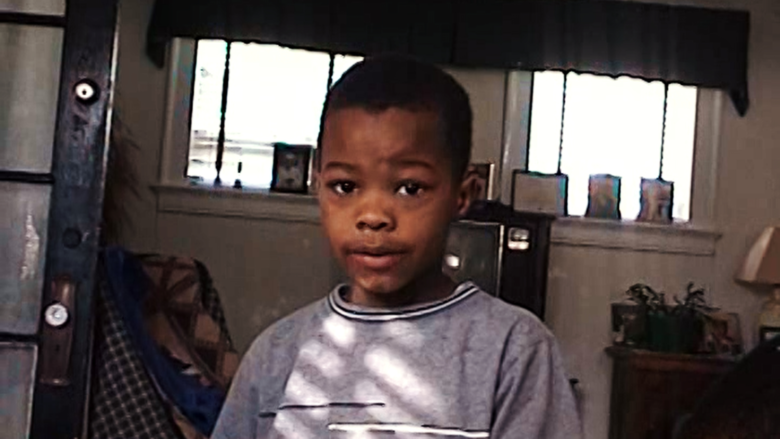
After his release in 2016, he faced a hard choice: Return to the fast money of the streets or take a chance that his charisma and untested talent could bring him success as a rapper. In 2020, his second album,” My Turn,” was the year’s top seller across all music genres. Today Lil Baby is a devoted father to his two young boys and a powerful voice in the fight for racial justice and police reform.
“Untrapped: The Story of Lil Baby” is at once an intimate portrait of a singular artist and activist and an exploration of the systemic oppression that keeps far too many people of color from participating in the American Dream.
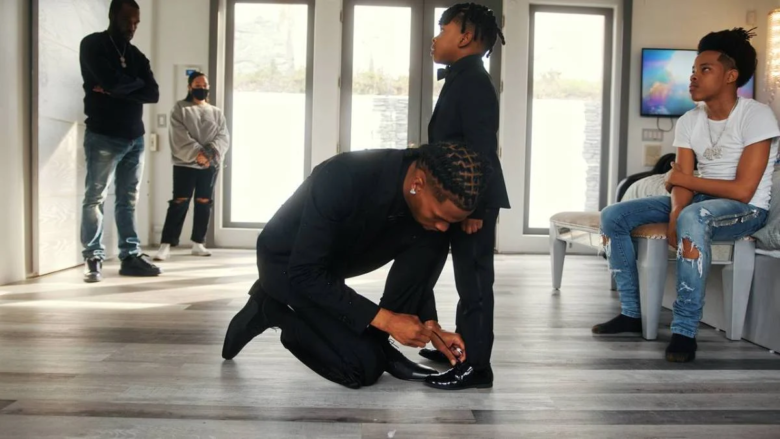
Q&A With Director Karam Gill
What was it about Lil Baby’s story that interested you?
Baby has always had this amazing presence. He is legendary in the streets of Atlanta in a way that is hard to understand unless you’re in the city with him or you hear these stories. Before he ever started rapping, everybody there knew who he was. And it made me want to answer the question, what is it about this guy that gave him this aura?It also became clear during our preliminary conversations that this was a man who was super self-aware of the socioeconomic cards he was dealt and was committed to bettering his life. I believe Baby and his story can give hope and inspiration to a lot of people who are trapped in environments where there isn’t a lot of hope. That’s what really interested me – the opportunity to craft a film that was positive and inspirational in a time where these uplifting stories are much needed.
Did you know right away what story you wanted to tell and how you wanted to tell it, or was that something that evolved as you started making the film?
During my early conversations with Pierre, Coach K and Baby it became clear that it was going to be a lot more than just telling a linear story about a hip hop artist. My whole approach as a filmmaker is always to use pop culture as an entry point to explore larger societal issues. This is a story about America. It’s a story about the environments people find themselves trapped in and the reasons behind that. So it took several years to make because sometimes we needed to take time away and sit with it to really figure out exactly how to tell this important story.You interviewed Drake in the film, and he talks about the tremendous impact Lil Baby has had on the current sound of hip hop. Can you talk about that interview and how it came about?
Pierre and I were talking one day and agreed Drake would be a fascinating interview. He and Baby had just done a couple tracks together that were about to come out, and Drake is obviously one of the hottest artists of our generation. But the important thing about Drake was that he has an organic relationship with Baby and Quality Control; they’re friends and collaborators. So he had a really interesting perspective to speak about Baby, both musically and what he means to the culture.
Check Out the New Trailer!
